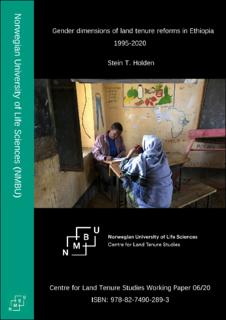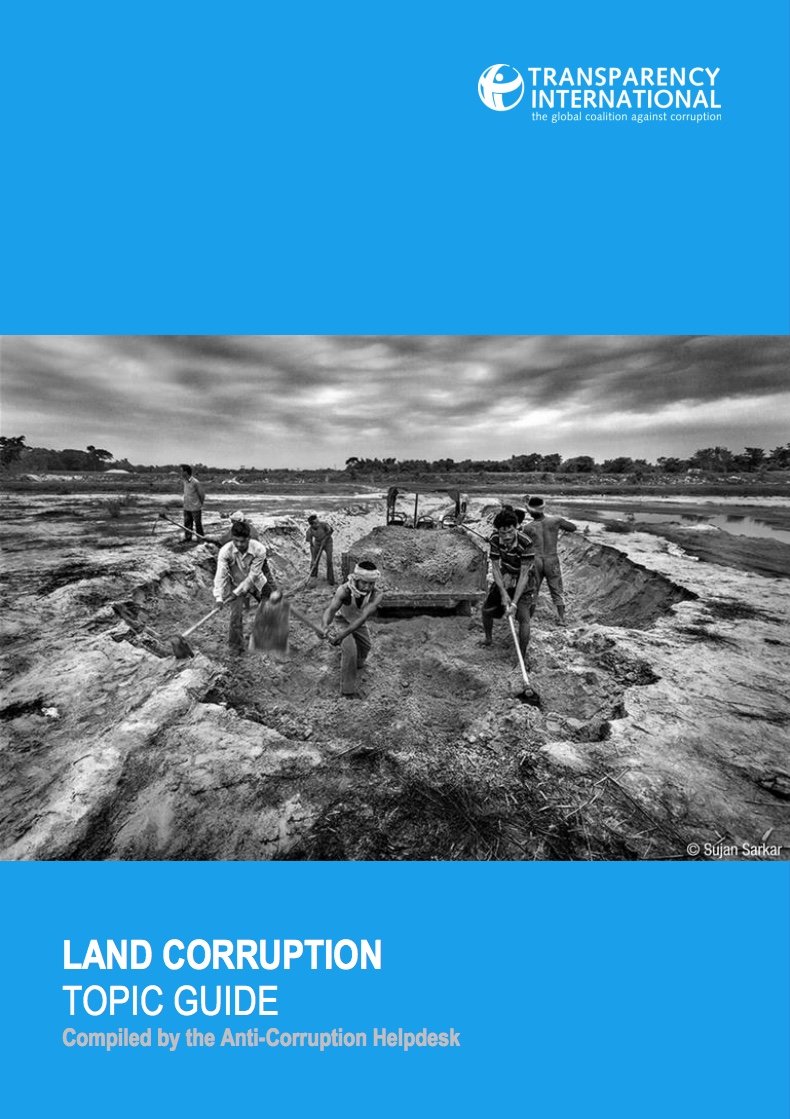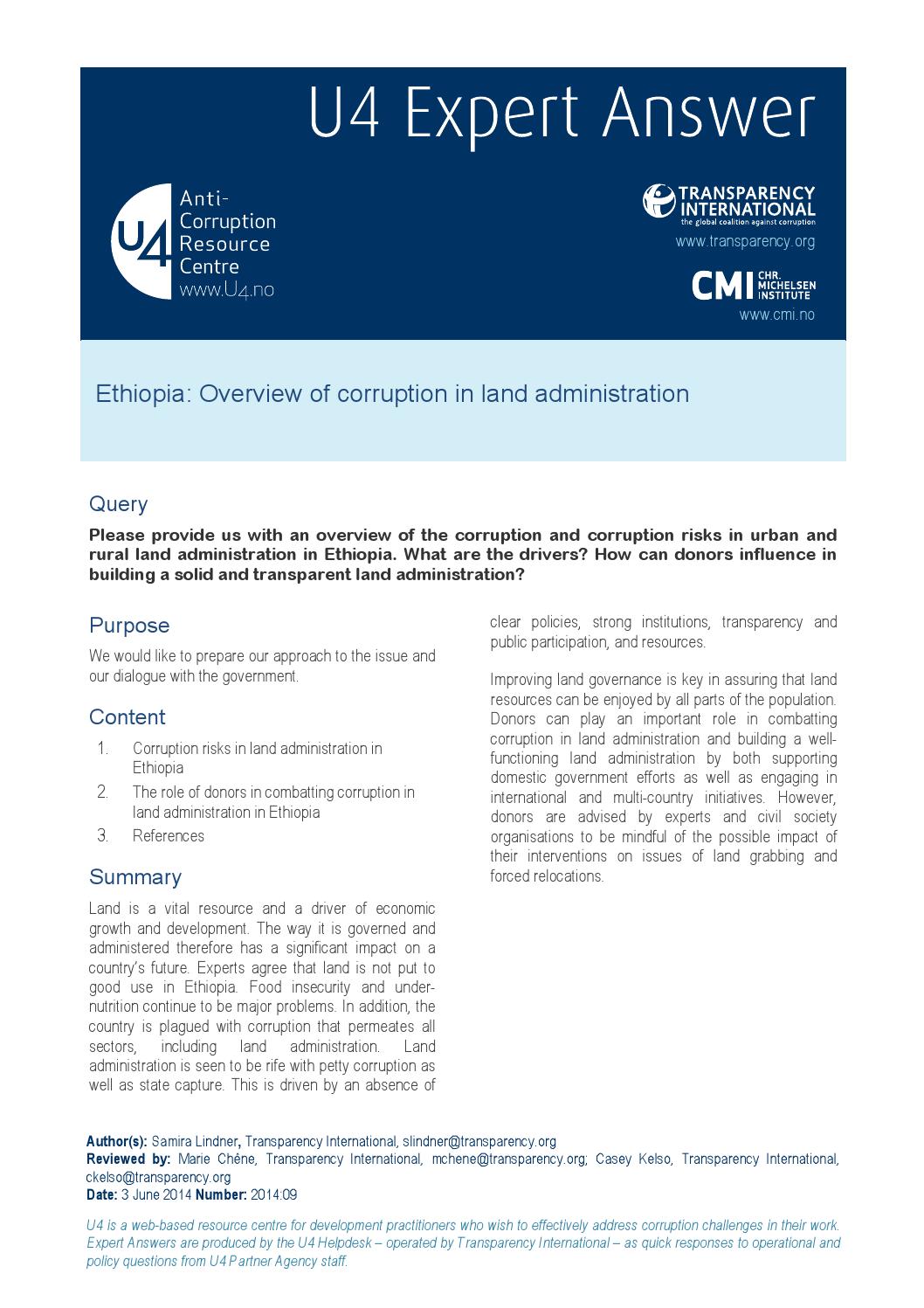Sécurisation foncière en Afrique: les cas du Maroc, la Tunisie et le Rwanda
La sécurisation des droits fonciers a pour objectif de garantir les droits réels d’une personne sur un bien foncier. L’absence d’un régime de sécurisation fiable est un frein du développement socio-économique des pays africains. Cette étude vise la réalisation d’une comparaison entre les régimes de sécurisation foncière en Afrique à travers les cas de trois pays africains en voie de développement à savoir le Maroc, la Tunisie et le Rwanda. L’objectif étant de tirer les atouts et les faiblesses du régime adopté dans chacun de ces pays.









